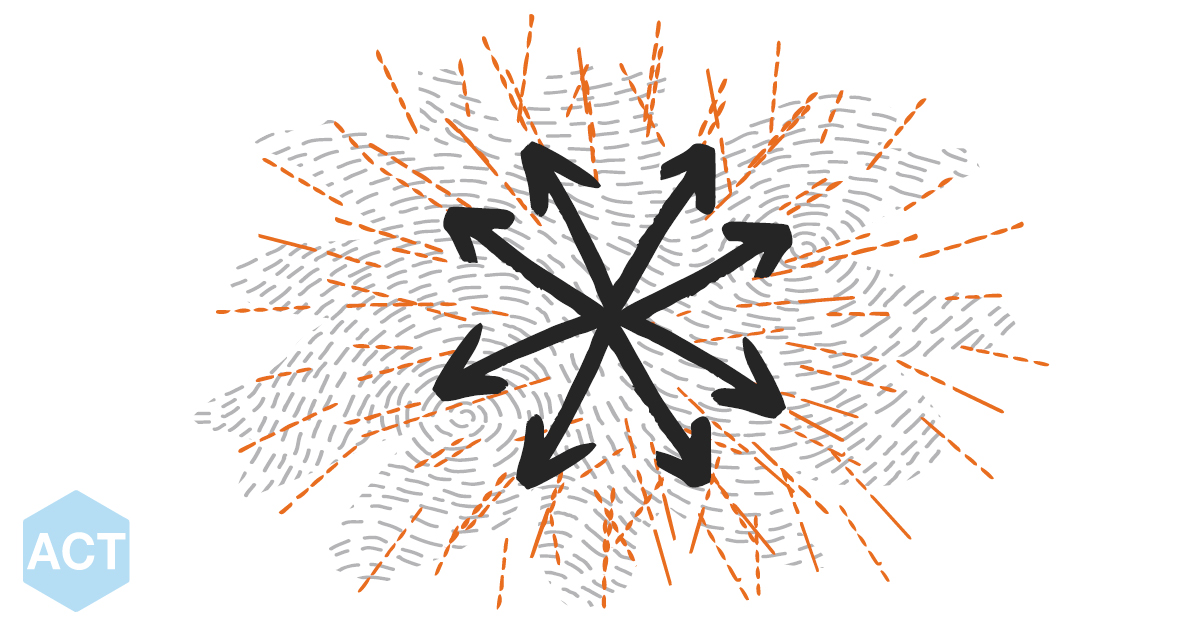Stuff That’s Loud
Integrating ERP and ACT for Youth with Anxiety and OCD
About This Course
- Help you understand exposure-based treatment in terms of behavioral principles, based on the most current research.
- Address best practices in assessment for child anxiety and OCD to support developing effective treatment plans.
- Help you develop a strong therapeutic alliance that supports engagement in exposure-based treatment.
- Teach you how to conduct exposure-based treatment with various presentations of anxiety and OCD for children 4-19 years old.
- Demonstrate how to integrate specific ACT interventions into flexible exposure.
- Show you best practices for working with families, which is essential to supporting the progress of young people.
- Address your own barriers in conducting exposure-based treatment.
- Support robust generalization and maintenance of gains.
- Troubleshoot tricky, difficult-to-treat cases, and address comorbid conditions.
Schedule
Session 1 September 5, 2019, 4 pm-6 pm EDT
Overview of ACT/ERP Model; Intro to Inhibitory Learning
Session 2 September 12, 2019, 4 pm-6 pm EDT
Assessment: Functional Analysis and Clinical RFT
Session 3 September 19, 2019, 4 pm-6 pm EDT
Creating a Secure Base: Therapeutic Alliance, Bond, and Task Agreement
Session 4 September 26, 2019, 4 pm-6 pm EDT
Shaping Curiosity: Mindful Attention and Flexible Exposure
Session 5 October 3, 2019, 4 pm-6 pm EDT
Increasing Willingness and Motivation: Creative Hopelessness and Acceptance
Session 6 October 10, 2019, 4 pm-6 pm EDT
Perspective-Taking: Defusion and Self-As-Context
Session 7 October 17, 2019, 4 pm-6 pm EDT
Building Flexibility: Values Discovery and Generalization Work
Session 8 October 24, 2019, 4 pm-6 pm EDT
Troubleshooting: Issues of Function and Context, Building a Support Team
Learning Objectives
Participants will be able to:
- Explain ERP and ACT from a behavior analytic perspective.
- Describe how exposure based on ACT differs from exposure conducted from a traditional habituation model.
- Prepare a functional behavioral assessment and case conceptualization.
- Utilize this process in order to develop a collaborative exposure plan with clients.
- Build an effective therapeutic alliance base that supports exposure engagement.
- Use present moment awareness to support effective engagement in exposure.
- Employ creative hopelessness to develop shared agenda.
- Use clinical RFT techniques to coach exposure engagement.
- Use defusion and self-as-context exercises to support exposure engagement.
- Use values exercises across contexts and comorbid conditions to support generalization and maintenance.
- Describe how to effectively address stuck points with challenging clients.
Continuing Education
Please review complete CE and conflict-of-interest disclosure information prior to registering. This course is jointly sponsored by Praxis CET and Institute for Better Health (IBH) and is approved for 16 CE Hours by the following:
- APA – Psychologists
- BACB – Behavior Analysts
- NBCC – National Counselors
- NY State – Counselors and Social Workers
- Other State Level Counselors, MFTs, and Social Workers
- WESPSB – Educators
- ACCME – Physicians
- ANCC – Nurses
Prerequisites
Audience
Recommended Reading
Stuff That Sucks by Ben Sedley. New Harbinger Publications: Oakland, CA. 2017.
The Mindfulness Workbook for OCD by Jon Hershfield. New Harbinger Publications: Oakland, CA. 2013.
References
Craske, M. G, Kircanski, Zelikowsky, M., Mystkowski, J., Chowdhury, N. & Baker, A. (2008). Optimizing inhibitory learning during exposure therapy, Behavior Research and Therapy, 46, 5-27.
Twohig, M. P., Hayes, S. C., Plumb, J. C., Pruitt, L. D., Collins, A. B., Hazlett-Stevens, H., &
Woidneck, M. R. (2010). A randomized clinical trial of acceptance and commitment therapy
versus progressive relaxation training for obsessive-compulsive disorder. Journal of
Consulting and Clinical Psychology, 78(1), 705-716.
Twohig, M. P., Abramowitz, J. S., Bluett, E. J., Fabricant, L. E., Jacoby, R. J., Morrison, K.
L., Reuman, L. & Smith, B. M. (2015) Exposure therapy for OCD from an acceptance and
commitment therapy (ACT) framework. Journal of Obsessive Compulsive Disorders, 6, 167 –
173. 33(3), 229-237.
Refund and Cancellation Policy
We understand, sometimes things come up!
Praxis will offer a full refund to registrants of both live and live-online trainings who cancel their registration prior to 14 days before an event/course. If a registrant would like to cancel their registration within 14 days of the event, no refund will be offered. However, the registrant can elect to receive a credit to be used toward another Praxis event within 1 calendar year.
